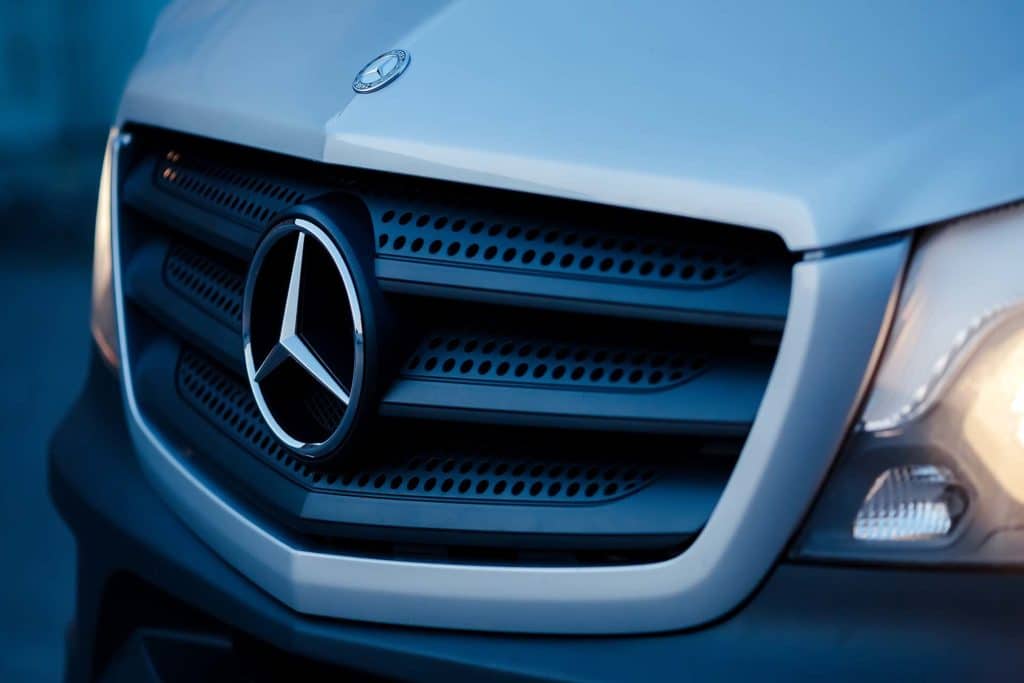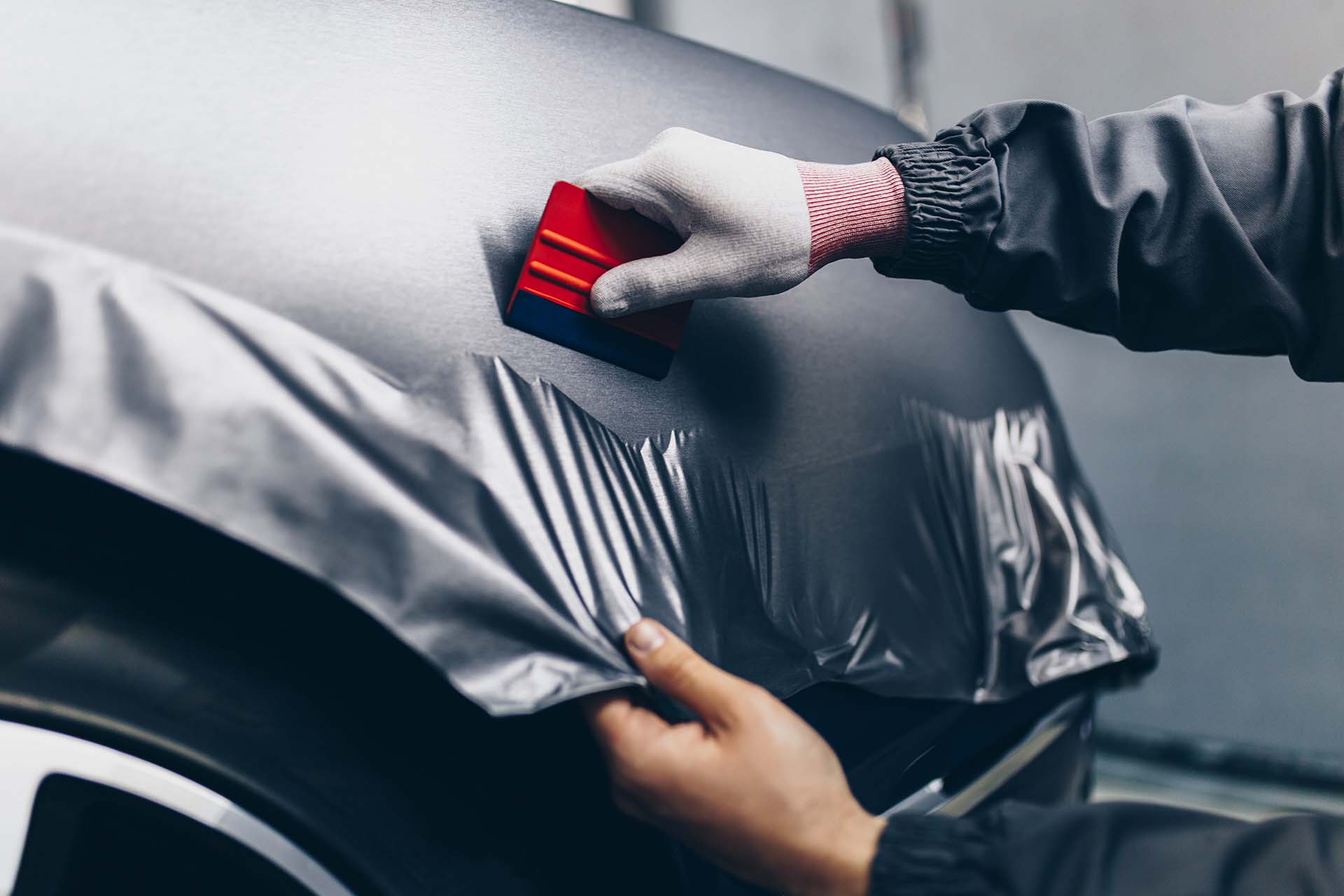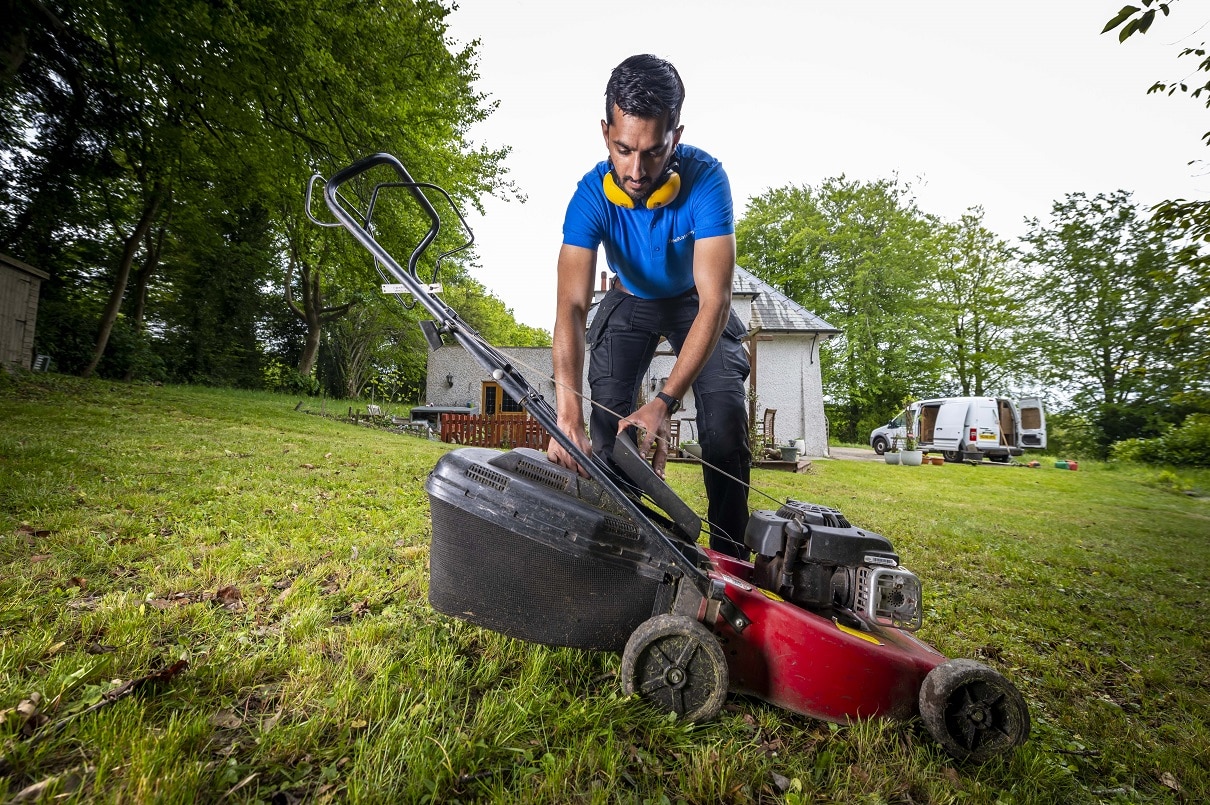Blog>Trade>Starting a Business>How to buy a van as a sole trader
Last updated: 19 December 2024
How to buy a van as a sole trader
As a trade business owner, it can sometimes be a challenge looking for the best way to buy a van when self-employed. In this article, we specifically looks at ways of buying a van for your business when you're a sole trader.
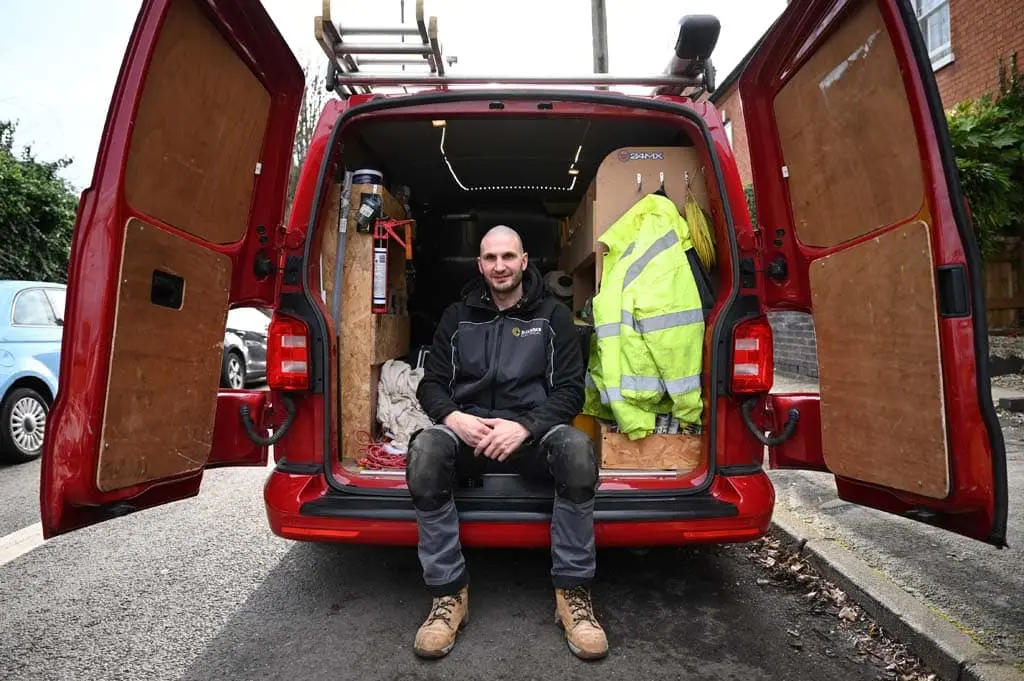
The best way to buy a van when self-employed depends on several factors. Acting as a trade business, you’ll need to decide how you'll use it for your work.
It’s about weighing up which options provide the right solution. But it's also a case of weighing up the different costs.
Is it best to buy upfront or look for finance?
These are the two main options for most tradespeople:
Buy the van outright and pay upfront
Use self-employed van finance to spread the cost of the van over several years and then own it at the end
As a sole trader, you’ll probably have to live with the decision for a long time. And it’s not just a financial consideration. You could be sitting in your van for quite a long time. Literally.
In the construction trade, for example, you could spend 2.5 years driving your van over your working life.
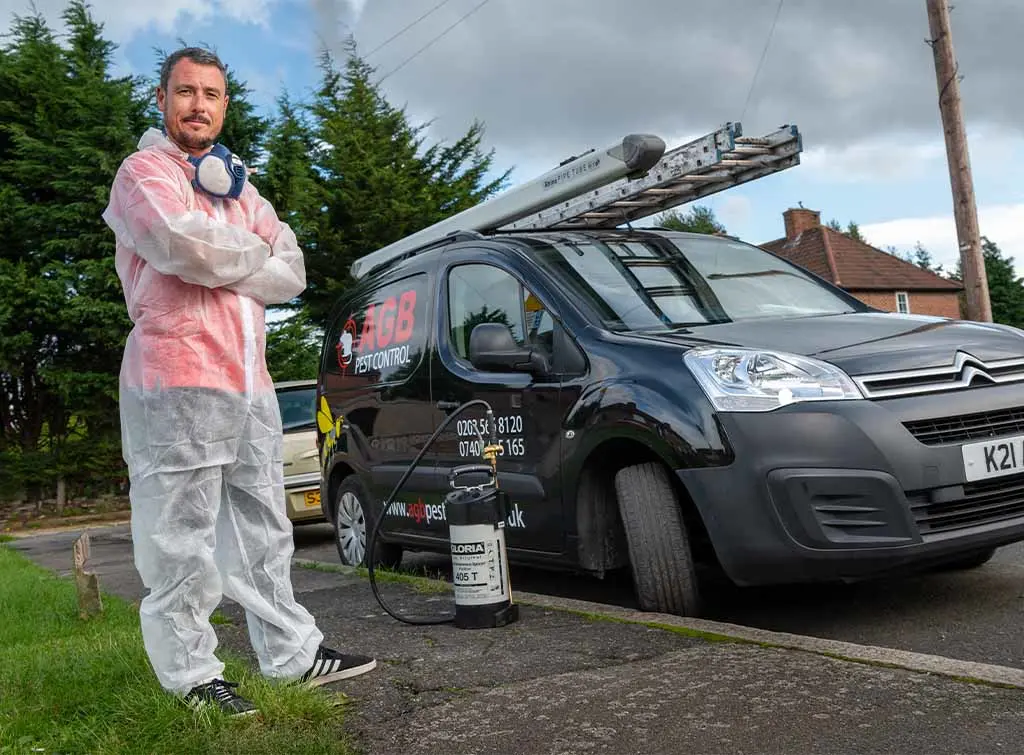
What can you claim for your van?
As a sole trader, you won't necessarily have the same overheads as other businesses. But with limited workload, you may also have smaller profits. Using the costs of running a van to reduce your taxable profits is potentially a big consideration.
But working out how you will afford to pay for any new van is often a bigger question than what to get.
However, as a van counts as a legitimate business expense, there are tax implications to consider:
Many of the costs relating to using a van are business expenses that you can use to reduce the amount of tax you pay
Sole traders use business expenses to reduce their taxable profits when they file a tax return
If you use self-employed van finance then the payments will probably include VAT. If your business is VAT-registered then you can claim this back on your VAT return
Interest costs on finance are tax-deductible business expenses
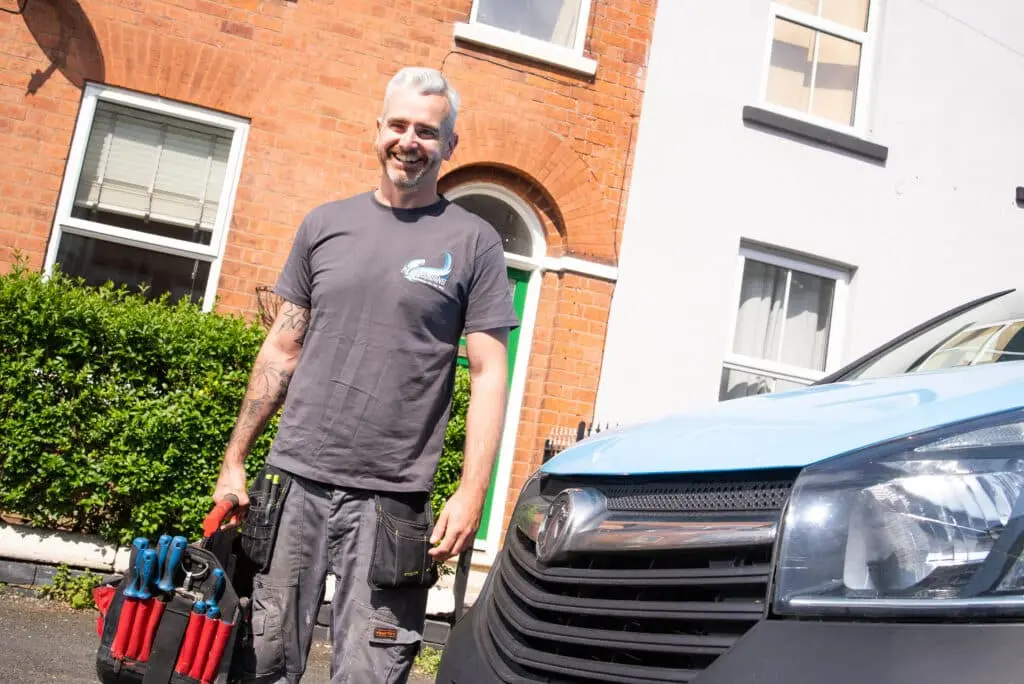
What’s the best way to buy a van when self-employed?
These are some of the things to consider when deciding if you're looking for self-employed van finance.
Rather than choosing to lease a van, it is better to buy a new vehicle if you:
Need to modify the van for your trade (such as with racking)
Want to put your business name and contact details on the outside
Are likely to put tools, equipment and machinery in the back which might cause a bit of wear and tear on the interior
Want to be able to sell it when you’re finished with it or need a replacement
Drive away with a van for less
Become a Checkatrade member and find out how
Some key considerations when you're looking to buy
Generally speaking, buying and owning a van is probably a cheaper long-term option for a sole trader than leasing it.
If you buy, you’ll probably need to pay in full at the outset
You may also have to make a deposit in advance
If you pay in cash, there might be room for negotiating a lower price
When you own the van outright, there won’t be monthly finance costs to pay
However, you may need the help of a bank or other loan to buy. Bear in mind that if you use a bank loan to buy the van then you will have to pay interest on the amount you borrow.
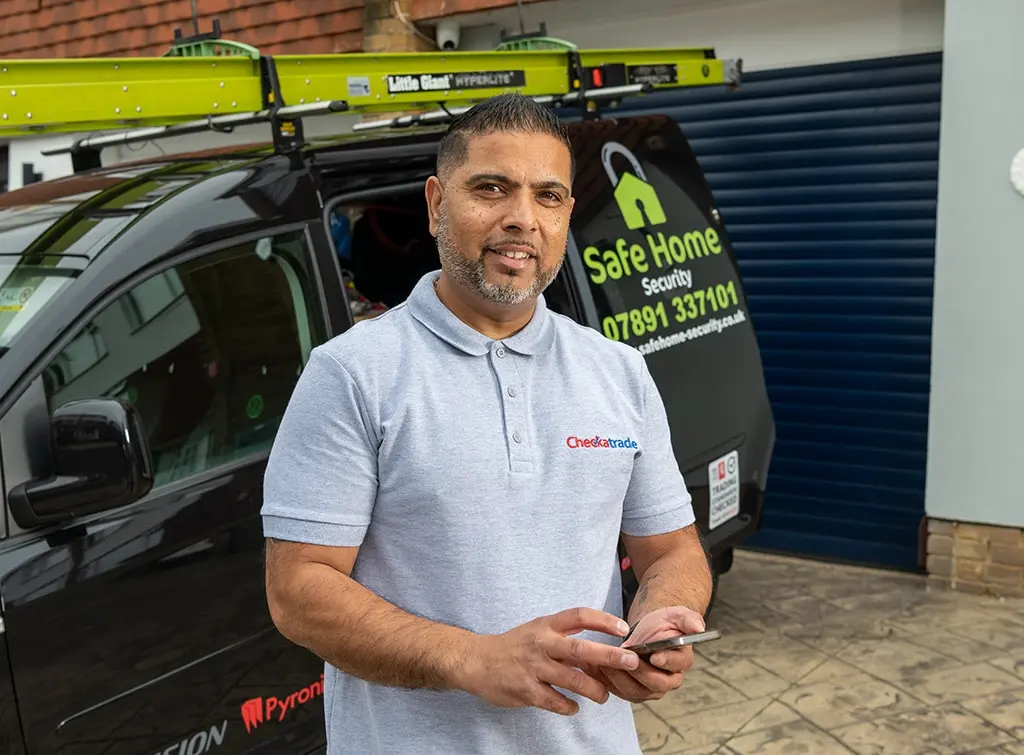
How should the running costs affect your choice?
As the van owner, you’ll have to think about all the van running costs. These include:
Vehicle tax – different rates apply depending on the type of van
Insurance
MOT – the cost depends on the type of van
Repairs and maintenance
You’ll be responsible for making sure all the paperwork is up to date. That would use up time or you might need to pay someone else to do it, which would be an additional cost.
When you want to sell the van, you can keep any money you get from the sale. This could go towards replacing it. Many dealers will offer a part-exchange service to help with this.
Bear in mind that a van is a business asset and these depreciate. That means it loses value over the time you own it. You’ll get significantly less when you sell it the longer you have owned it.
Drive away with a van for less
Become a Checkatrade member and find out how
Is it possible to get self-employed van finance?
With van finance you agree to pay for the vehicle over an agreed period.
Here are the three main types of financing for a van:
Use existing money - this is likely to be collected from profits or savings
Apply for a loan - this is dependent on your credit rating
Hire purchase – this means that you will own the van when you make the final payment at the end of the contract
Sometimes buying a van for your business will not always be possible as a sole trader. For example, this could be when you have a lower credit score. That is when you may need to consider leasing.
Remember, you’ll need to be able to show the finance company a good credit history to get van finance.
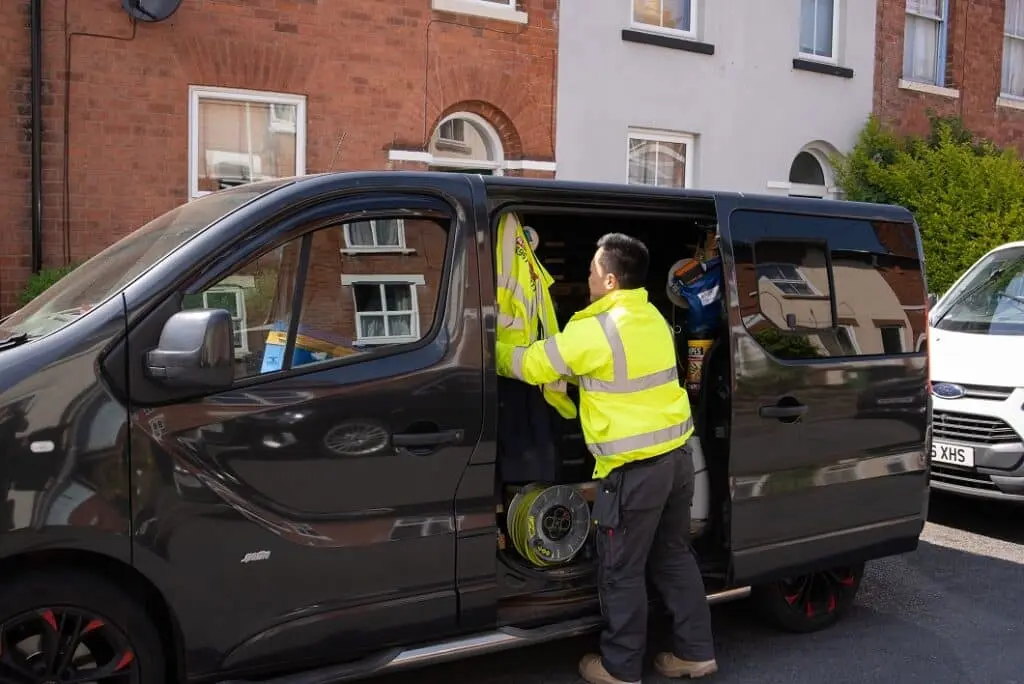
Is is better to apply for van financing as a sole trader?
Rather than paying in one go, finance options mean that you make regular fixed monthly payments over the contract period.
Self-employed van finance can also include maintenance costs, breakdown cover and van tax, so you are paying a single amount for most of the running costs, except fuel.
However, you'll need to be aware that there may be extra costs in the contract. On top of the main finance package you may end up paying for things like:
Mileage over the agreed limit
Damage or wear and tear to the van
The payments in van finance are tax-deductible business expenses. As a sole trader, this means you can use the amount to reduce your taxable profits.
Finding the best van for you
Whatever you decide, Checkatrade can help you cut costs when buying a van.
Buying a van for business
Vans are a necessity to keep a business moving. In this guide, discover information about tax relief on van purchases as a sole trader. Plus, we cover information on leasing a van for your business, and how to get exclusive deals. Buying a van through a limited company Buying a van through a limited
FAQs
What’s the best way to buy a van self-employed?
If you’re a sole trader you need to weigh up the pros and cons of either buying it upfront or using van finance to spread the cost over several years.
How much can I claim for my van self-employed?
This will depend on whether you own or lease the van. Many van running costs are allowable business expenses that sole traders can claim against their profits in their tax returns.
What self-employed van finance is available?
The main types of finance for using a van where you own it at the end are hire purchase contracts. You could also consider a bank loan to buy the vehicle outright.
Ready to take your business to the next level?
We can help you get there
